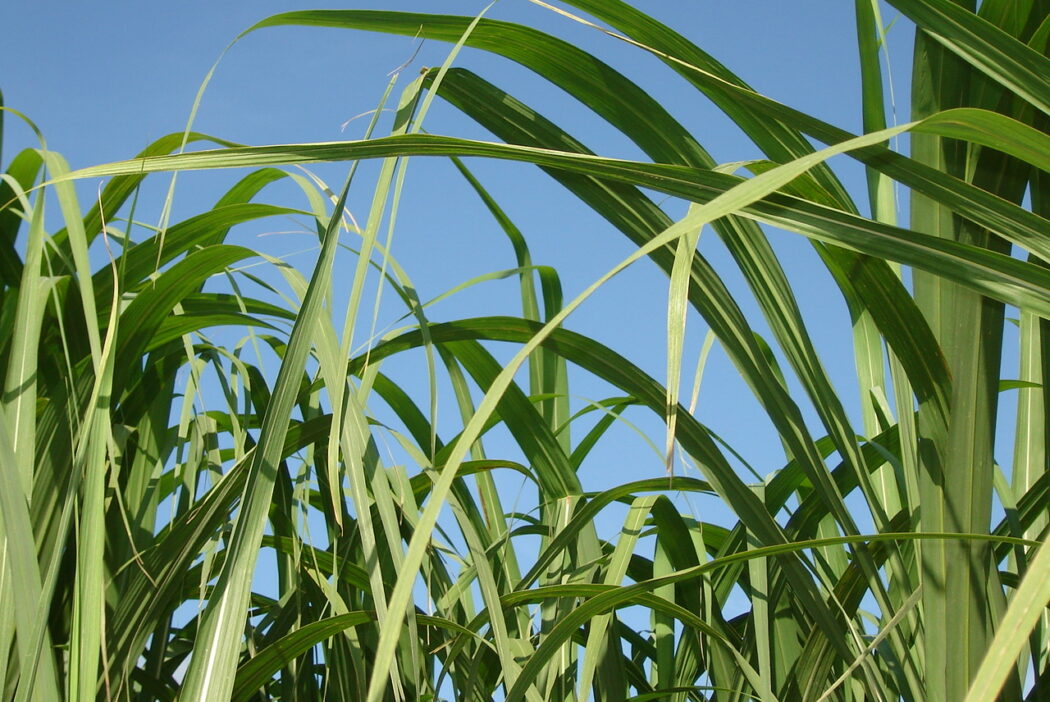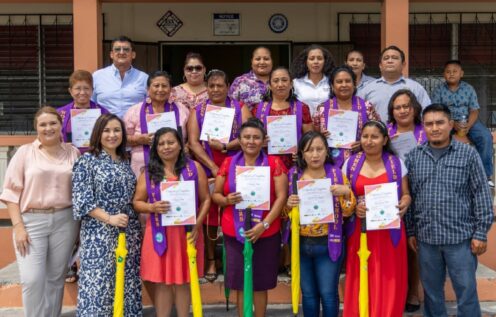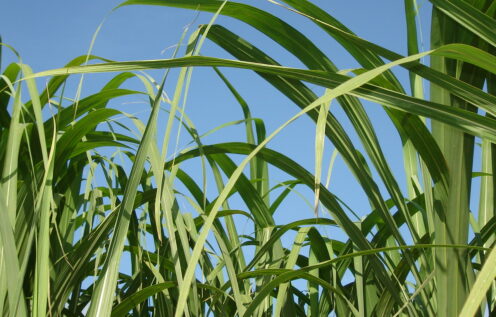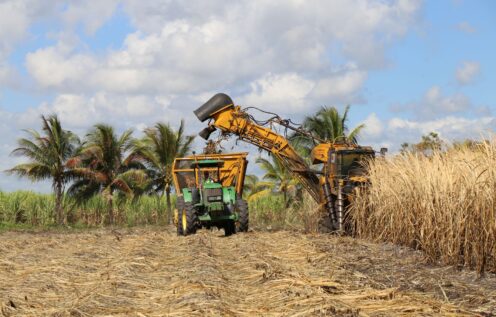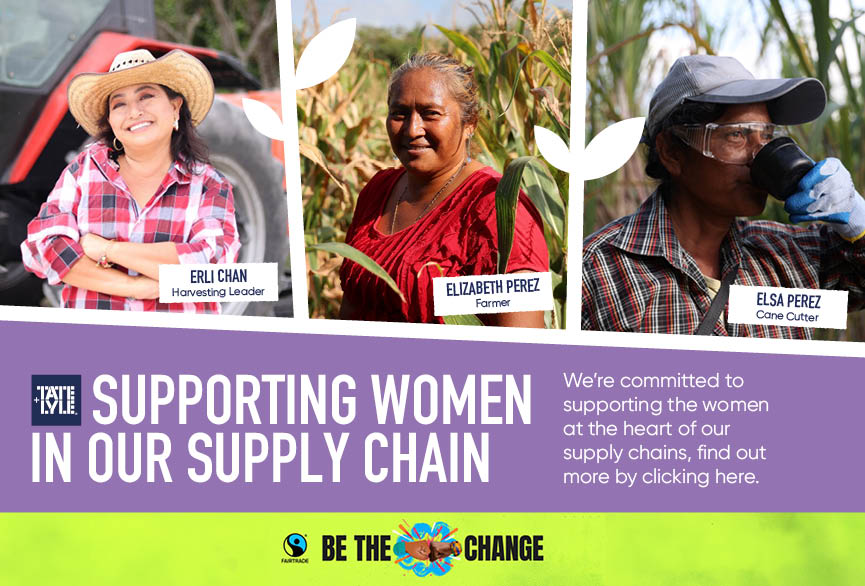In order for corporations and businesses to play their part in limiting global warming to 1.5°C or below, collectively, we must reach net zero global emissions by 2050 at the latest.
Tate & Lyle Sugars has made a public commitment to do this for the emissions it has direct control of by 2040 and is committed to building capacity and supporting our suppliers to eliminate scope 3 emissions by 2050.
Overall, the business aims to be the first net zero cane sugar refiner in the world, and is committed to a science-based approach in its work towards this goal.
This is why Tate & Lyle Sugars was pleased to facilitate an independent, third-party study of the carbon footprint of its mill, Belize Sugar Industries Limited (BSI) in Northern Belize and the Fairtrade certified smallholder cane farmers who supply it.
The study was funded by Fairtrade International and conducted by an independent consultancy, Soil & More Impacts, with the purposing of establishing a baseline from which opportunities to reduce carbon emissions can be identified.
Juan Pablo Solis, Senior Advisor Climate and Environment at Fairtrade International, said: “Carbon footprint studies in sugarcane help to identify areas of improvement and to make trading sugar more climate friendly. They also demonstrate the positive environmental performance of Fairtrade producers.”
According to the study, the carbon footprint of raw cane sugar produced by BSI was determined to be 0.474 kg CO2e per kg raw sugar.
Fun fact – a single sugarcane contains 30 teaspoons of raw sugar!
